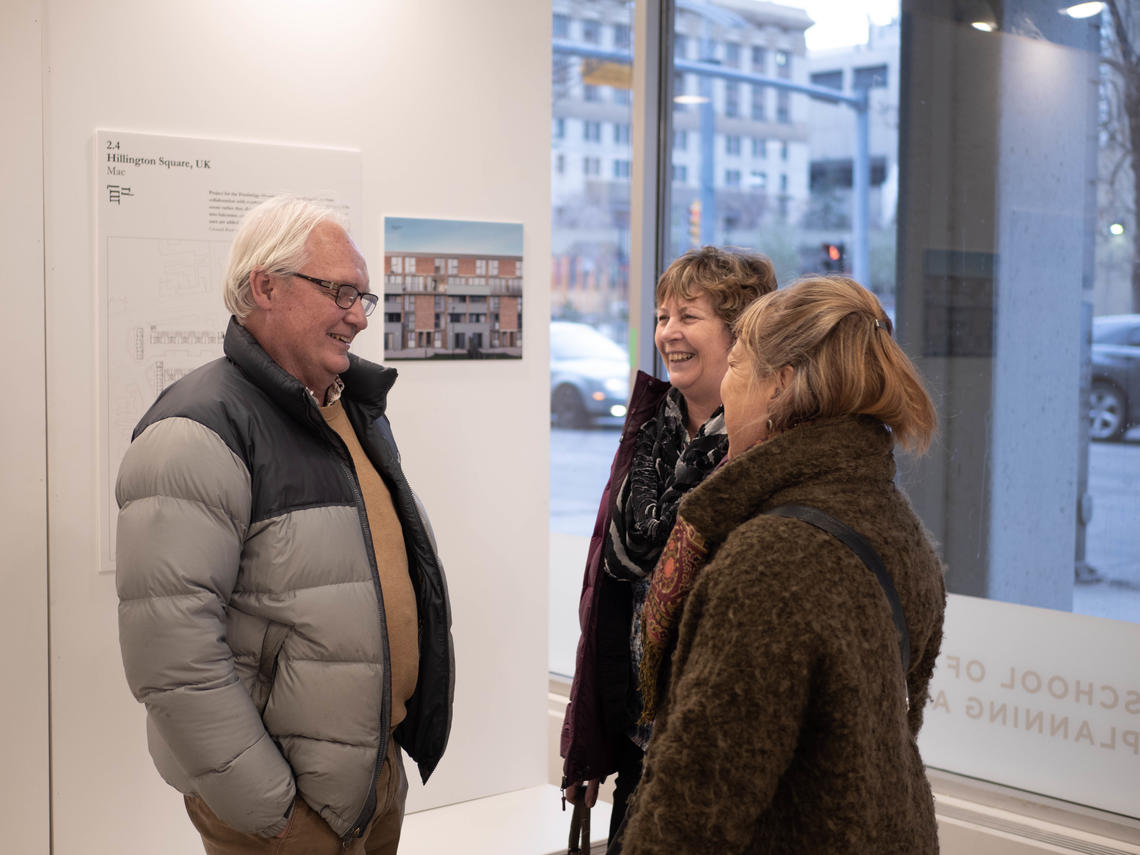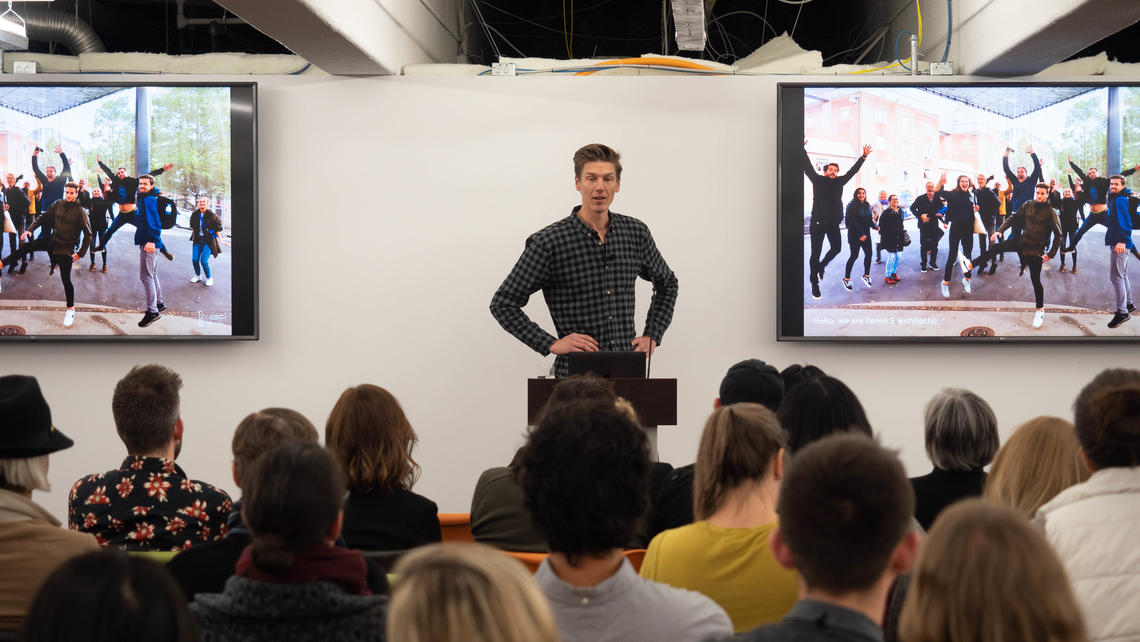Oct. 31, 2019
First systematic evaluation of affordable housing models in Canadian cities launched

One in three Canadians live in substandard housing or struggles to meet the costs of housing.
The federal government introduced its first National Housing Strategy in 2017. One year later, the Cities, Policy & Planning Lab at the University of Calgary launched the Affordable Housing Initiative, in partnership with the Community Housing Affordability Collective (CHAC) and Opening Doors. This year, the lab’s three-day research initiative, The Future of Affordable Housing, is offering a glimpse into what tomorrow’s affordable housing in Canada might look like — along how to plan cities and developments to meet housing demand, while being financially smart through partnerships and delivering on quality and performance targets.
“Cities will be a critical arena for delivering innovative solutions to address the affordable housing challenge and tackle climate change. Many dense and well-connected cities around the world have a positive track record for offering both a high quality of life, affordable housing in mixed-income communities and success in reducing their carbon emissions. The Cities, Policy & Planning Lab has taken strides to meeting these goals in Canada,” says Dr. John L. Brown, Dean of the School of Architecture, Planning and Landscape (SAPL).
The lab has already established a nation-wide network of policy makers, scholars and housing experts all focused on brokering new knowledge in affordable housing, fostering partnerships with industry and communities, and advocating for policy change and action — with the shared goal of increasing the supply of affordable homes. Rigorous independent outputs are available through the Affordable Housing Knowledge Hub – an open access resource for developers, planners, investors, community activists and politicians.

exhibition featuring 25 award-winning social housing projects and new short documentaries
Lilit Houlder
“Our research initiative is timely and innovative in its approach. It has provided the first collection of best practices in Canadian and global cities that explore design and planning strategies to create mixed income affordable housing in compact, connected urban development,” says Dr. Sasha Tsenkova, the lab’s research lead, and SAPL professor. “Global in scope, the initiative has provided rigorous independent outputs that are available through a knowledge hub to be used as an open access resource for developers, planners, investors, community activists and politicians.”
The Future of Affordable Housing Research Initiative takes place from October 30 to November 1 and marks the second annual gathering of this network. The initiative includes a public panel featuring three award-winning architects from London, Paris and Amsterdam, a symposium, and an exhibition featuring 25 award-winning social housing projects and new short documentaries. The goal is to challenge the ‘business as usual’ path and make a compelling case for change in large Canadian cities.
The public panel and exhibition opening will take place on October 30 at SAPL’s City Building Design Lab (616 Macleod Trail SE). The Future of Affordable Housing two-day symposium takes place October 31 to November 1 out of the same location. Members of the media may attend the symposium upon request.

Jeroen Atteveld of Heren5, guest architect from Amsterdam
Lilit Houlder
This initiative is generously supported by Social Sciences and Humanities Research Council of Canada, City of Calgary, City of Edmonton, Alberta Real Estate Foundation, Haskayne School of Business - Westman Centre for Real Estate Studies, Community Housing Affordability Collective (CHAC) and Opening Doors.
The Future of Affordable Housing is a unique platform for SAPL and its partners to open the conversation to change the view of the current state of affordable housing and how it could be. For more information, please see: sapl.ucalgary.ca/affordablehousingfutures



